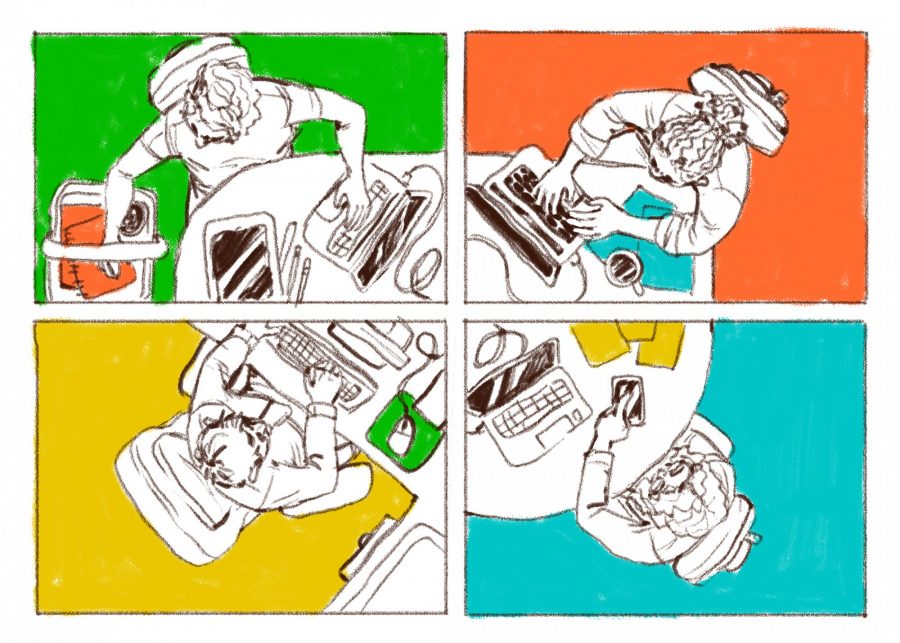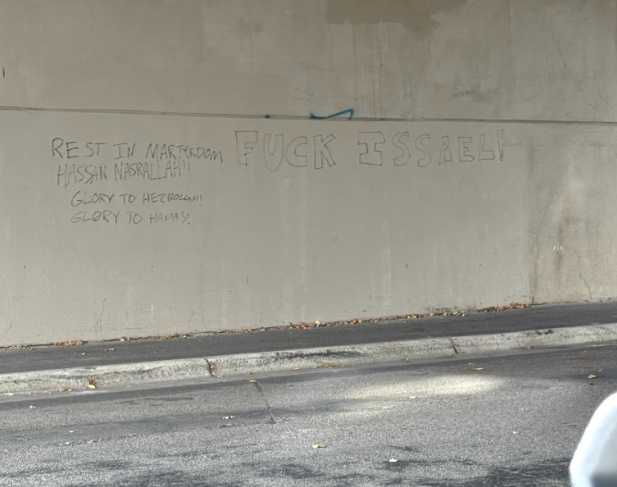More students than ever before are studying and testing remotely at the University of Minnesota, prompting conversations about the security of proctoring programs.
According to the University’s Office of Information Technology (OIT) website, there are several ways professors can administer these exams; one option is online proctoring programs such as Respondus LockDown Browser and Proctorio Secure Exam Proctor. The methods these programs use for data collection have raised some concerns among students.
In an emailed statement to the Minnesota Daily, OIT said the main difference between the applications is that Proctorio monitors students during an exam, using click tracking and web cam data for instructors to review. Respondus restricts student web access for the duration of the exam.
The ideal circumstances to use these programs, according to OIT, is for students to find a quiet space with a stable internet connection. For Proctorio specifically, OIT’s statement said students should acquire both a webcam and microphone if their computer does not have them built in.
In 2019 alone, Proctorio was used by more than 17,000 students across the University, according to OIT’s statement.
Proctorio’s use of webcam monitoring has been met with mixed responses from students, some of whom have voiced concerns on social media.
Narek Ohanyan, a third-year student in the College of Science and Engineering, expressed his dissatisfaction with Proctorio in an open letter to professors on the University’s r/uofmn subreddit page.
In his post, Ohanyan called for professors to consider alternatives to the service due to reported issues with privacy and connectivity.
Ohanyan said in an email to the Daily that his biggest concern with the program is with how it might affect the act of taking exams themselves.
“Taking [exams in an] online-format is fairly new and subpar for most students, which is stressful by itself; having Proctorio puts so much more weight and stress on us that it’s honestly horrible,” Ohanyan said in the email. “The fear of something going wrong with Proctorio or the internet (which happens a lot), anxiety of having a TA or professor look at our history, camera, screenshots, etc.”
Ohanyan also expressed concern about the financial difficulties of getting the web camera and microphone required to run the program.
Fourth-year student Sandra Guenther said she dislikes the eye-tracking feature because she is unsure if it accommodates involuntary movement.
When asked about some of these potential privacy concerns related to the online proctoring services, OIT said both Proctorio and Lockdown Browser had been put through the University’s required vetting process.
“In terms of unintentionally picking up student information during a test, this is one reason that it is important that students identify a private location to take the exam,” OIT said in the statement.
In response to students who might want an alternative to online proctoring, the Office of the Provost’s Center for Educational Innovation said it does not require professors to use any specific tools.
“There is much that can be done without using high stakes exams and proctoring including the use of alternative assessments and assignments, honor codes, and open book exams. It’s still important for the U of M to have a variety of tools like this when needed,” the office said in a statement emailed to the Daily. “At a broader level, the University also has a number of staff members looking into various aspects of student privacy on an ongoing basis.”


















